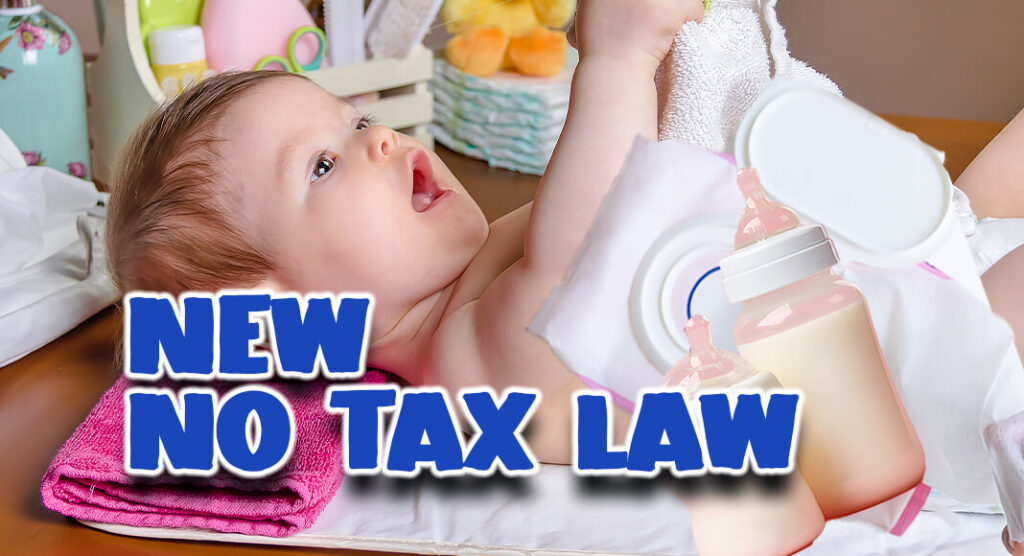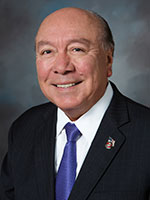
Mega Doctor News
By Senator Juan “Chuy” Hinojosa
On September 1, 2023, Texas will implement Senate Bill 379 by Senator Joan Huffman and Representative Donna Howard, signaling a victory for the health and well-being of Texas women and families. This legislation, which I proudly co-authored, exempts the sales and use tax for essential everyday items, including menstrual products, wound care dressings, adult and child diapers, maternity clothing, baby wipes, baby bottles, and breast milk pumping products. The consistent increase in the cost of these necessities makes it harder for many families to make ends meet, and Senate Bill 379 is a significant step toward addressing these financial challenges.
For years now, the imposition of sales tax on menstrual hygiene products such as tampons, pads, and menstrual cups, also known as the “tampon tax,” has garnered increasing attention and sparked debates on how the taxation underscores a more significant problem of gender-based financial disparities. According to 2021 data from the Alliance for Period Supplies, more than 40% of women say they have struggled to purchase menstrual products due to a lack of income at some point in their lives, reflecting a 35% increase since 2018. Those surveyed reported regularly missing school or work due to the lack of access to these products. We know that these items are essential for women’s health and dignity. Yet, they are often classified as non-essential luxuries, completely disregarding the biological reality that periods are a natural process that women have no control over.
Efforts to remove this discriminatory tax have long been spearheaded by State Representative Donna Howard, who has filed tampon tax repeal bills every session since 2017. Additionally, various advocacy organizations have been working on this issue across the country for years, and with their help, Texas will be the latest addition to at least 23 states that have already provided sales tax relief by exempting these items.
Furthermore, the bill’s inclusion of various supplies for babies, expectant mothers, and seniors demonstrates a thoughtful approach to easing the financial strain on families, especially when we look at those in need with low incomes. The cost of raising children or caring for senior family members is significant and by eliminating the sales tax for essential healthcare and childcare supplies, Texas is sending a strong message that it values the health and dignity of its citizens.
While the elimination of sales tax on these items might raise concerns about potential revenue loss for the state, the economic impact of such a policy change must be balanced against the tangible benefits it brings to the well-being of families and the overall advancement of society. Empowering women to access necessary hygiene products and supporting families of all ages contribute to healthier communities and a more robust workforce. Additionally, such policies can foster increased consumer spending, ultimately bolstering the economy in different ways.
The Texas Legislature also took a significant step towards addressing the gap in postpartum care by extending Medicaid coverage for new mothers from six months to a full year. The postpartum period is characterized by physical and emotional changes, making access to comprehensive healthcare services crucial. House Bill 12, also effective September 1, 2023, ensures that mothers can access various medical services, including regular check-ups, mental health support, and screenings for potential complications.
The passage of these bills is a testament to the power of advocacy and the state’s bipartisan commitment to addressing the financial burden women and families face. By removing financial barriers and extending coverage, we are creating a more inclusive community where essential items and healthcare remain accessible to all, and everyone has the opportunity to thrive.
Senator Hinojosa proudly co-authored Senate Bill 379 and co-sponsored HB 12 during the 88th Legislative Session.









